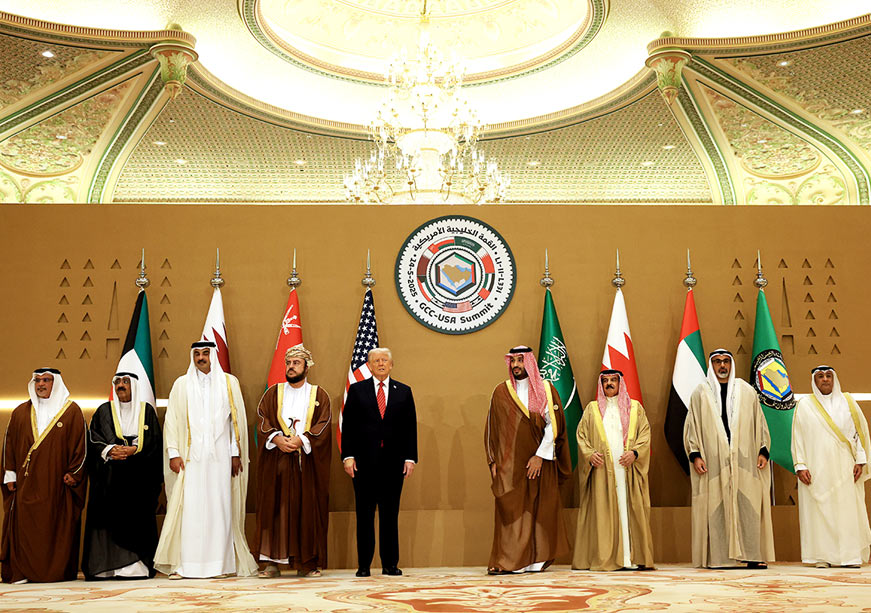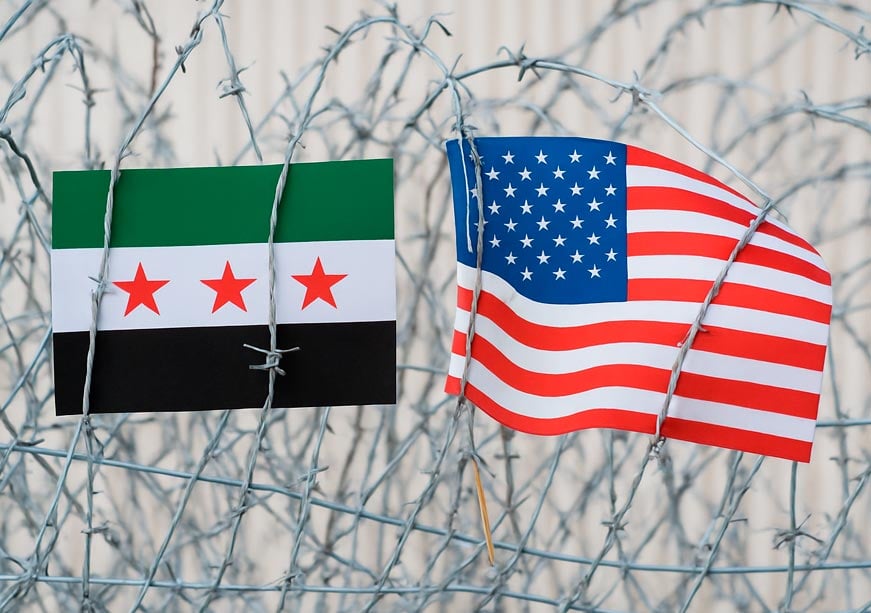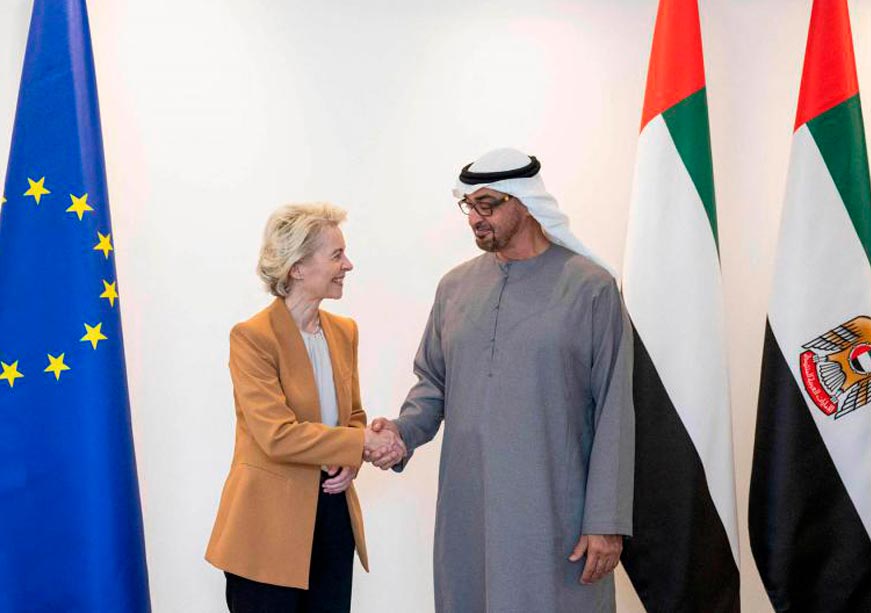Far from the Gulf, Norway anchors its role in Middle East security—leveraging maritime might to safeguard vital trade routes and stability.
Oslo in Norway and Abu Dhabi in the United Arab Emirates (UAE) are approximately 5,170 km apart. The two cities are located on distinct continents as well as on the shores of different maritime zones. Norway, a Scandinavian state, is one of the primary maritime nations of the Euro-Atlantic and Arctic space, whereas the UAE is a Gulf state that “has become a leading global maritime hub” in the Middle East.
Despite significant distance separating the two geographies, the Norwegian Armed Forces have recently been present in Abu Dhabi (September 2021-January 2025), as they were deployed in the framework of the European Maritime Awareness in the Strait of Hormuz (EMASoH) diplomatic and military initiative. The latter is headquartered in the UAE’s capital.
EMASoH is not an isolated case of Norway’s military presence in the Middle East. The Scandinavian state has deployed its personnel in the region on several occasions, including in Iraq, Qatar, Jordan, Bahrain, Egypt, Israel, Lebanon, and Syria. These deployments were part of international operations aimed at restoring and maintaining security and stability in the area. Based on the list of international operations in various parts of the world—published on the Norwegian Armed Forces’ official website—the Middle East appears to be one of the primary geographies where the country’s forces are mobilised.
Thus, considering the Norwegian Army’s significant and lasting presence in this area, spatially remote from the state’s direct strategic environment, the current paper seeks to analyse: 1) Oslo’s security stakes in the region, and 2) the Scandinavian state’s strategic approach to safeguard its economic interest dependent on the Middle Eastern security landscape.
Strategic interests transcending geographic distance
Norway describes itself as “a leading ocean nation”, located at a strategic maritime junction between the North Atlantic and the Arctic Ocean, with one of the longest coastlines in the world. The country’s economy relies extensively on its marine areas, that “are more than five times as large as the land”, deriving around 70 percent of its export earnings from ocean industries.
Stemming from its geography, Norway’s commercial interactions with the rest of the world and its position within regional and international trade networks are intrinsically linked to its maritime character. Grounded in this reality, the Scandinavian state has been leveraging its strategic position as it has been “a major player in shipping and shipbuilding for more than 150 years” and has transformed into “a superpower on the seas”. Considering the value of its commercial fleet, Norway is among the 10 largest shipping nations. According to the 2025 Maritime Outlook of the Norwegian Shipowners’ Association, the country holds the fifth position globally, taking into account its fleet value. Its historical experience and present status as a trading country of the seas can yield significant benefits in an era when “more than 80 percent of goods are transported by sea”.
As a nation that’s economy and commerce are closely tied to the maritime sector in a globalised world, Norway has a strong interest in maintaining the freedom of navigation worldwide. . However, the latter can be easily hindered in an increasingly interconnected world when crises and conflict disrupt trade routes and threaten the safe passage of merchant vessels at geographic choke points. As maritime transport is “the backbone of global trade”, the local and regional disruption of waterways has far-reaching spill-over effects. Such effects can considerably impact the commercial interests of the states at the tensions’ epicentrum but also of those who are geographically distant from it. A notable example of this phenomenon is the impact of recurrent crises in the Middle East on the freedom of navigation and, consequently, on Norway’s economic and security interests.
Norway’s vital interests in the Middle East – a committed security actor
The Scandinavian country sees the Middle East as a part of its “broader neighbourhood” where conflict escalation and destabilisation are “having an impact on Norway’s foreign and security policy interests”. From Oslo’s standpoint, a deteriorating security landscape in this geographic space can have an overarching impact on “energy prices, migration and maritime security”. As Norway’s Minister of Foreign Affairs, Espen Barth Eide highlighted, “These are not just their local issues. Problems in the Middle East become our problems as well.”.
To advance its strategic priorities and prevent further ripple effects of disruptive local tensions, the Scandinavian state participates in various international operations in the region, intending to restore and uphold stability. In addition to these operations’ predicted favourable impact on Norway’s security and economic interests, the country’s participation in these missions showcases its credibility and ability to play the role of a stabilising actor in the Middle East. As the former Minister of Defence, Bjørn Arild Gram, stated during his term, “We [Norway] have unique expertise in maritime operations and experience from previous operations in the Red Sea and the Gulf of Aden.” Drawing on this expertise and aiming to ensure freedom of navigation in this maritime area—where approximately forty Norwegian-operated vessels are active at any time—Oslo is deploying its Armed Forces in collaboration with strategic partners and military allies.
Consequently, the Scandinavian state participates in the United States (US)-led Combined Maritime Forces (CMM) coalition which works towards “combating the threat from international terrorism in the maritime domain” in “the Red Sea, the Gulf of Aden, the Somali Basin, the North Arabian Sea, the Gulf of Oman and large parts of the Indian Ocean and the Persian Gulf”. Regional powers from the Middle East are also part of this multinational partnership, such as Bahrain, Egypt, Iraq, Jordan, Kuwait, Omar, Qatar, Saudi Arabia, Türkiye, Yemen, and the UAE. The latter’s involvement in maritime security initiatives is of strategic importance, considering that the UAE borders the Strait of Hormuz, a geographic choke point for global oil transport on waterways. Hormuz is also a vital passage for Norway, with a “foreign fleet of over 1,800 ships and rigs that annually navigate through the Strait”. Therefore, in 2021, Oslo also joined the Abu Dhabi-based European-led EMASoH initiative, with a specific focus on ensuring the freedom of navigation through this sea route.
Considering its involvement in these operations, the Scandinavian state does not shy away from reinstating and maintaining maritime security. With its participation in various regional missions with its strategic partners and military allies, Norway is positioning itself as one of the stabilising forces in the Middle East.
Conclusion
As geographically distant economic areas have become increasingly interconnected in a globalised world, where trade is predominantly conducted through maritime routes, the disruption of waterways at any locality can have cross-regional repercussions. Consequently, Norway, a historic shipping nation that is strongly integrated in trans-oceanic trade, has a strategic interest in restoring and upholding the freedom of navigation where it is compromised.
One of the main regional security arenas where crises and escalating conflicts jeopardise the free passage of merchant vessels is the Middle East. Therefore, to protect its vital interests Norway takes part in various operations in this part of the world, aiming at stabilising the region and safeguarding the fluidity of trade through waterways.
Such engagement – based on the country’s shipping experience and military presence in the region, combined with the government’s political will and the state’s economic interest – holds the promise of Norway playing the role of a Northern custodian of the Middle East’s maritime security. However, to ensure the effectiveness and lasting impact of these stabilising initiatives, they should be conducted in cooperation with the country’s regional partners and military allies. A logic that aligns with Norway’s security policy, grounded in “predictable international cooperation, based on international law; the peaceful settlement of disputes; cooperation with NATO Allies; and cooperation on foreign and security policy with other Nordic countries”.
Eszter Karacsony is an Associate Fellow (Geopolitics) and Programme Lead, Observer Research Foundation- Middle East.











